Eating Disorders Awareness Week 2019
How it Feels to Struggle with Eating Disorders
This year, I decided that I would speak to people who have been struggling with eating disorders in order to better understand how it feels to live with it every day. I thought that I had been fairly well informed previously, which I had, but I was really surprised at some of the comments I heard when interviewing.
For Eating Disorders Awareness Week 2019, I thought I would share some of these with you.
Like having another voice
Firstly, one doesn’t “suffer” from an eating disorder. It is something that people live with day in and day out. Sometimes it is easier and sometimes it is extremely hard, to the point of being debilitating.
One person I spoke to said it was like having another voice. “The Voice” as they called it is always there telling them that they cannot possibly be eating well because they weren’t hungry. If they weren’t hungry, then they must have over eaten. Because they had over eaten, it must be burnt off through exercise.
This cycle and battle with the voice goes on every minute of every day and the time and energy that this takes both physically and mentally is immense.
It has led to obsessive weighing of food, constantly working out calories eaten, calories burned, tracking exercise and water intake. This obsessive behaviour starts to spill out into other areas such as cleaning, shopping, arranging of tins in the cupboard, taking vitamin supplements.
The only way to keep on top of it all is control. Control of calories, control of exercise, control over everything. Any deviation from the norm, any unplanned event, any impulsive outing can throw all of this into a spin of panic.
“Where are we going? What will I be able to eat? How will I have time to exercise? How can I work out calories in a restaurant?”
The result is even harder exercise the following day, more control over the calories, more weighing, more cleaning, more…. everything.
There are times when all this gets too much. It is exhausting, time consuming and, on some level, there is the knowledge that this is not how life should be. It’s like a pressure cooker; the pressure starts to build and then there comes a point where a release is needed.
Common pressure releases
Not everyone will release pressure the same way, but common pressure releases are through drinking alcohol, taking drugs, self-harm and, more extremely, suicide attempts.
It is not because they are unhappy with any specific aspect of life, just “The Voice”. The constant reminder in their head that they are not good enough, not thin enough, not fit enough, not pretty enough. All day. Every day.
One of the people I spoke to has struggled with alcohol abuse. I was told that they use it for relief from the voice and that it is the only time they are able to eat. And they do eat. A lot.
This is a binge phase that can last for days, weeks or even months. The alcohol obscures the voice and the sweet release of unmeasured, uncontrolled calories fills their body. Until one day The Voice is louder again, more critical and even more punishing. The cycle starts again.
This is just one example of how an eating disorder can affect a life. But it is not just the person with the disorder that this affects. There are those of us that are close to people with disorders.
Watching the torturous cycles, knowing the triggers before the person you love sees them is heart breaking. You can read all the support material in the world, but nothing prepares you for that phone call at 3 am when they are beside themselves in fear of what they are going to do to themselves.
The scariest aspect though, is the ways and means that people use to disguise their issues from the world. They learn to wear a smile, laugh as though they have no cares, converse with a bubbly personality. Inside they are a turmoil of emotions such as anxiety, fear, desperation and building pressure.
What can I do to help?
A question I have asked myself over and over is what can I do to help?
This is where it is difficult due to the variety of disorders, the individual ways people deal with them and the mechanisms people have devised to deal with things.
Teenagers are influenced massively through social media. In fact, two of the people I spoke to about their eating are no longer on Facebook or Instagram.
They have said that this has helped far more than some of the other coping methods that have been suggested to them. It takes away some of the power of comparison against other people who portray their #perfectlives, #perfectbody, #perfectskin. Could it be that these pictures that are beamed into teenagers’ lives 24/7 are fuelling the ever-growing issue of eating disorders?
One comment was that when trying to recover from a severe binge, in a healthy and structured way, the excess weight gained was lost over a sensible period of a year; the comments of people “Oooo you have done so well”, “Are you sure you are OK?” etc. proved very difficult to cope with.
In reality, they just don’t like to talk about it. So, if you see someone has lost weight, maybe suggest how well they look. Leave it at that. Don’t make assumptions. For example; how many of you reading this assumed the people I interviewed were female?
All I can say is that I have followed advice from my GP, the GP of people I know, Mind (mental health charity), SEED (eating disorder support service) and others. I have researched as much as I could to try and understand.
I have resolved that I just have to be there, listen, help where I can and never dismiss how utterly desperate it can make people feel or act. But in reality, unless you have a disorder like this that rules your life, you can never fully understand the pressure that one person can put on themselves.
But you can be kinder. So please, be kind to people. Listen when they talk to you. You never know how much of a difference it can make.
Victoria Hughes
BSc(Hons.), DipNEBOSH, EnvDipNEBOSH, MCMI, CertIOSH
Student Support Tutor, SHEilds Ltd.
Helpful links:
SEED Helpline (01482) 718130 https://www.seedeatingdisorders.org.uk/
Eating Disorder Week (BEAT) https://www.beateatingdisorders.org.uk/edaw

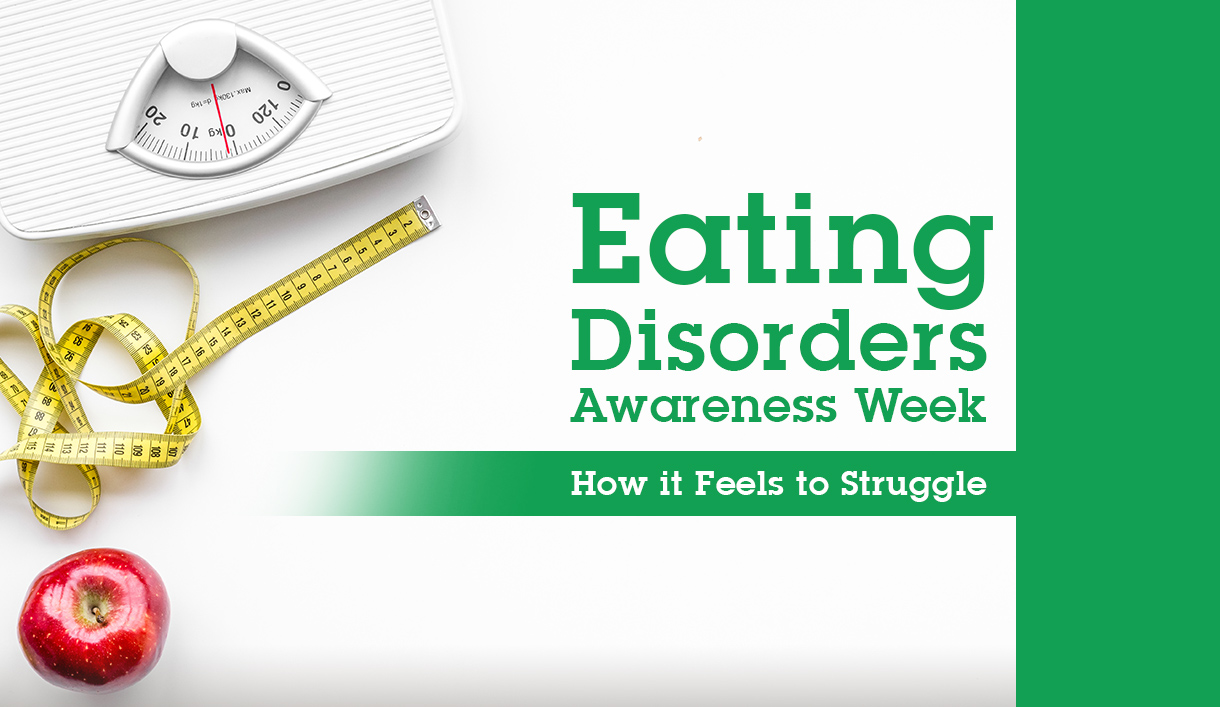
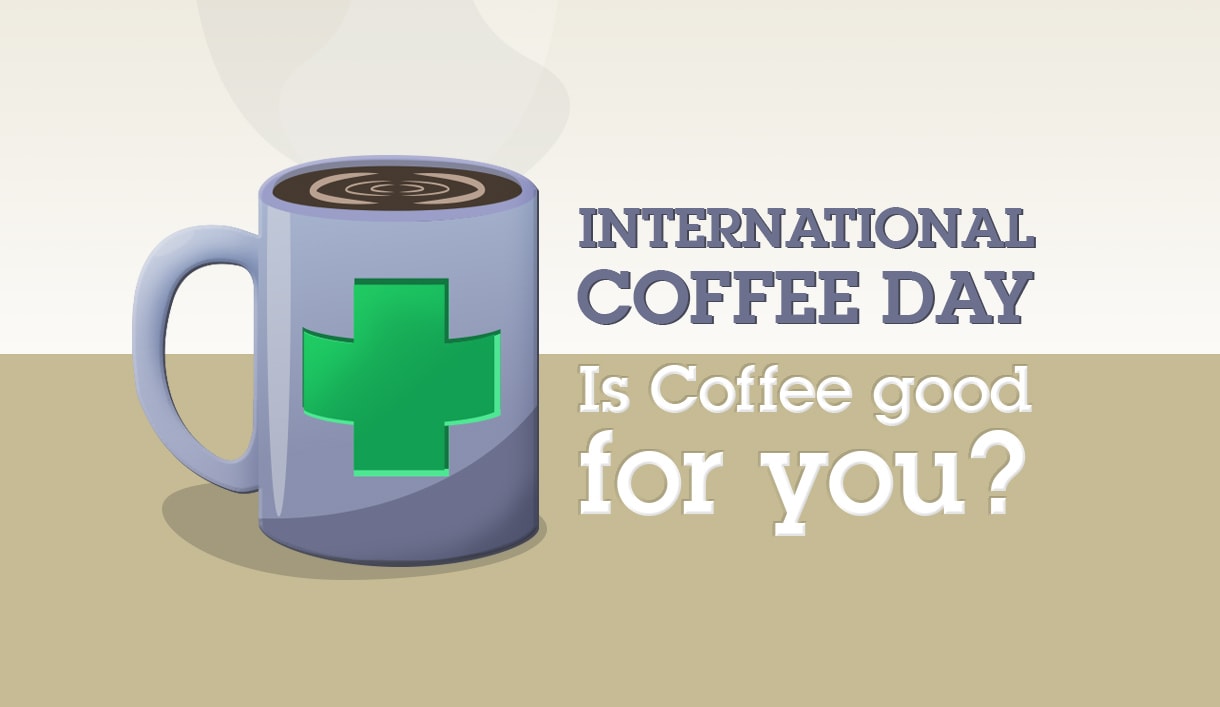
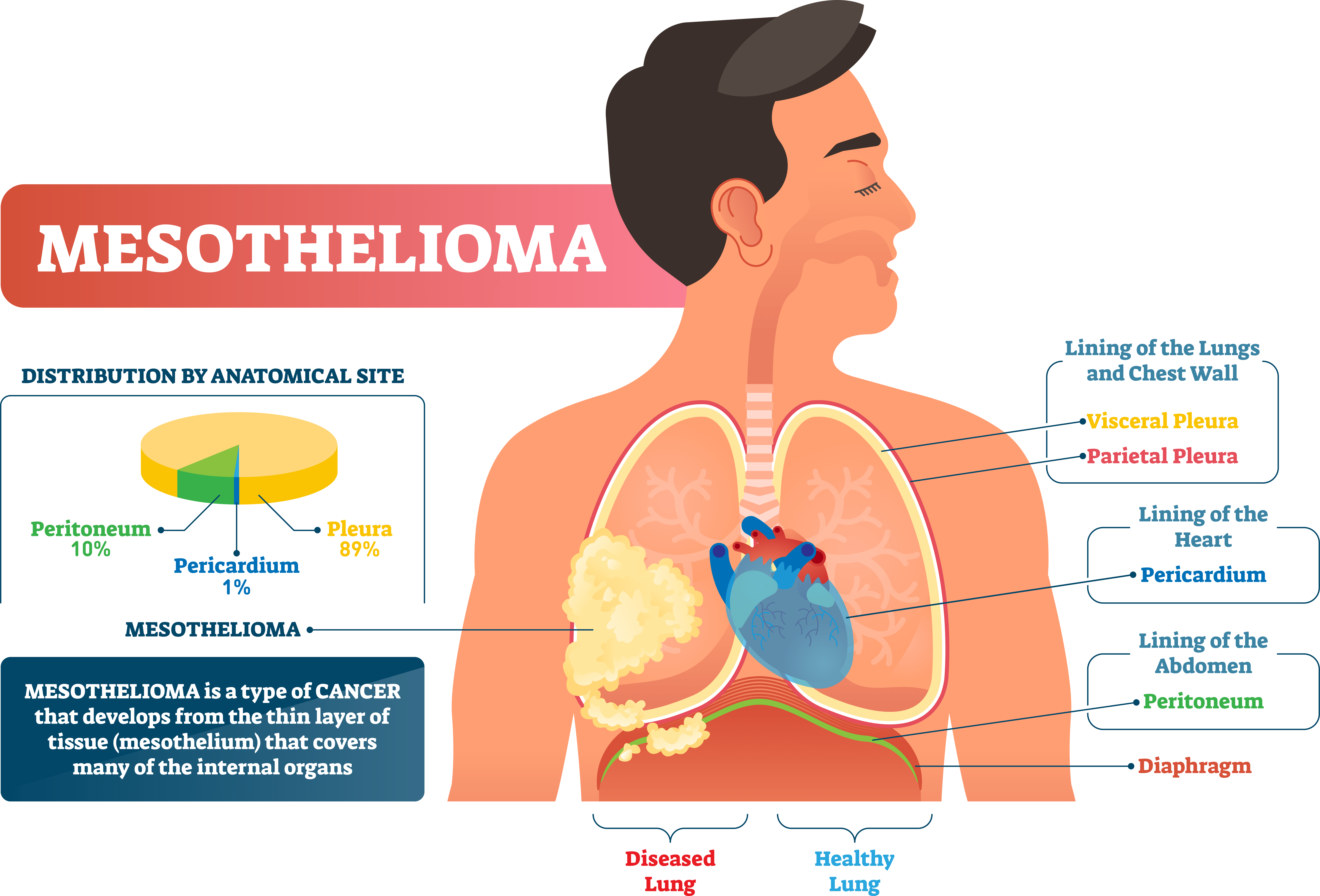
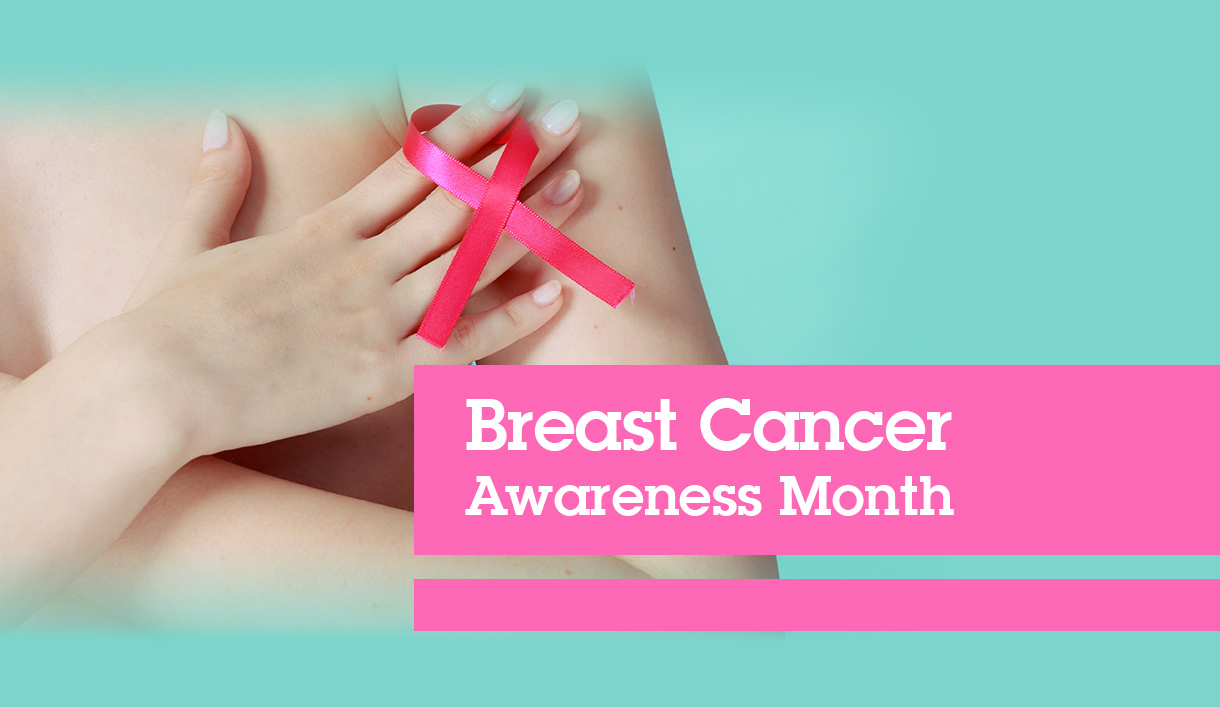
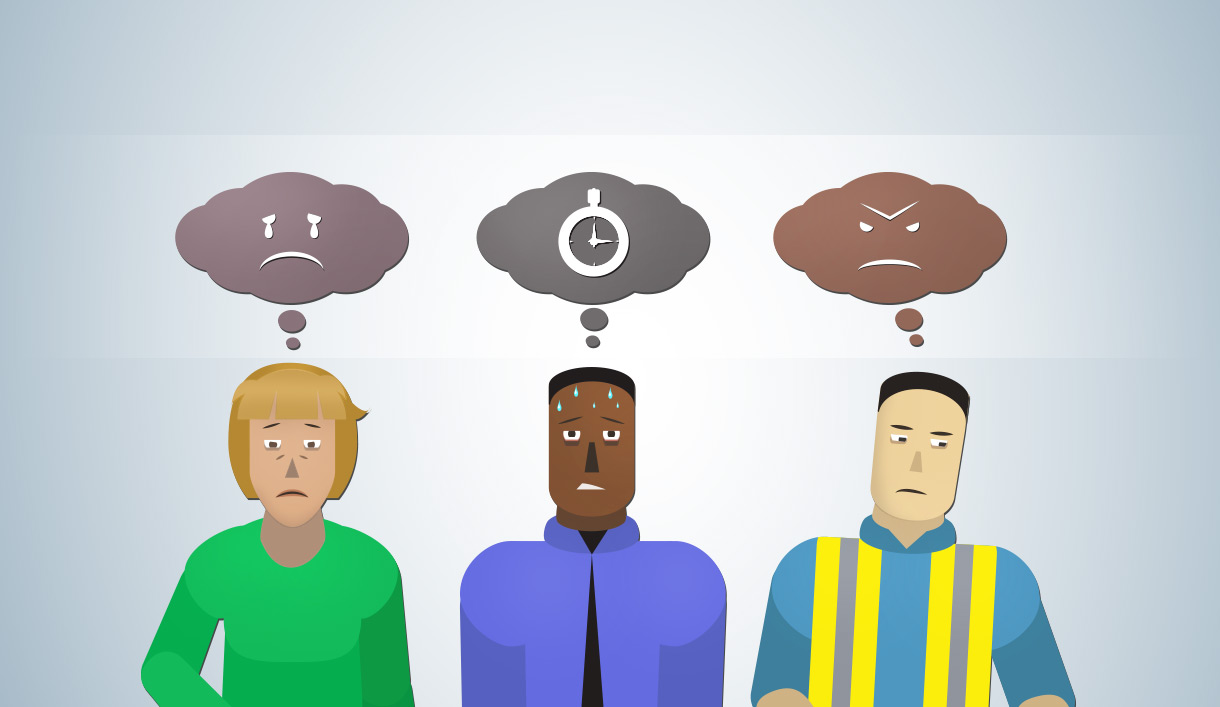
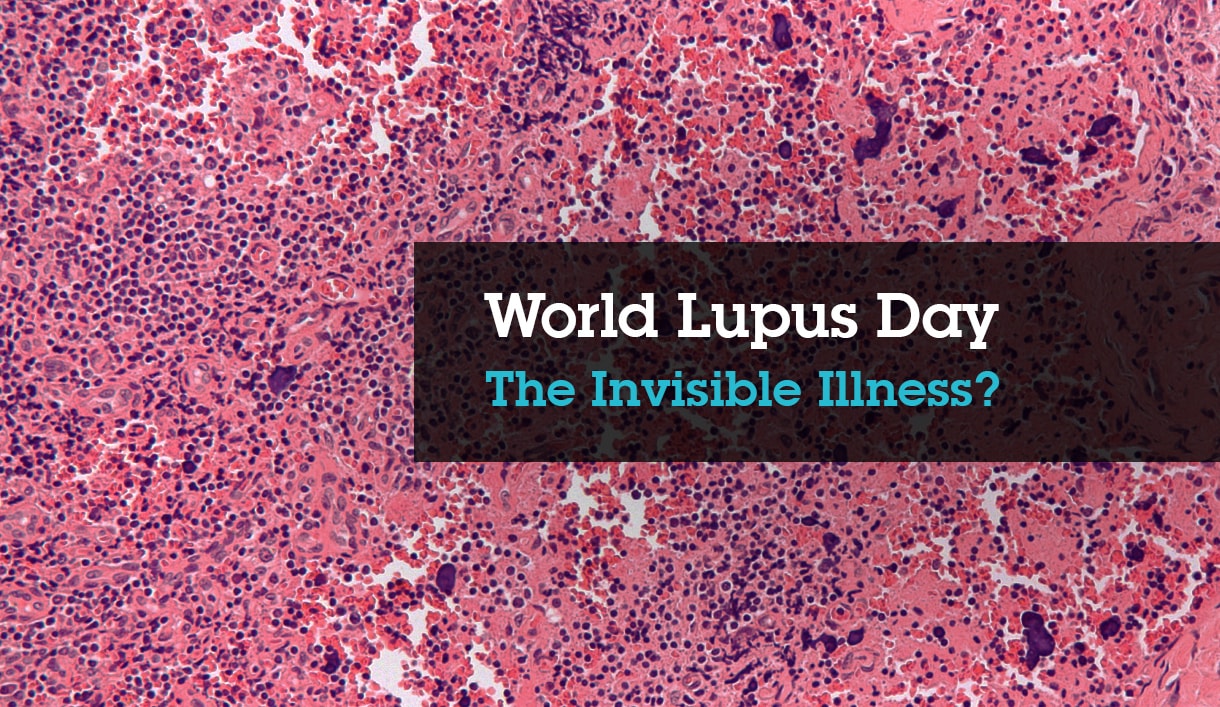

Leave a Reply
Want to join the discussion?Feel free to contribute!